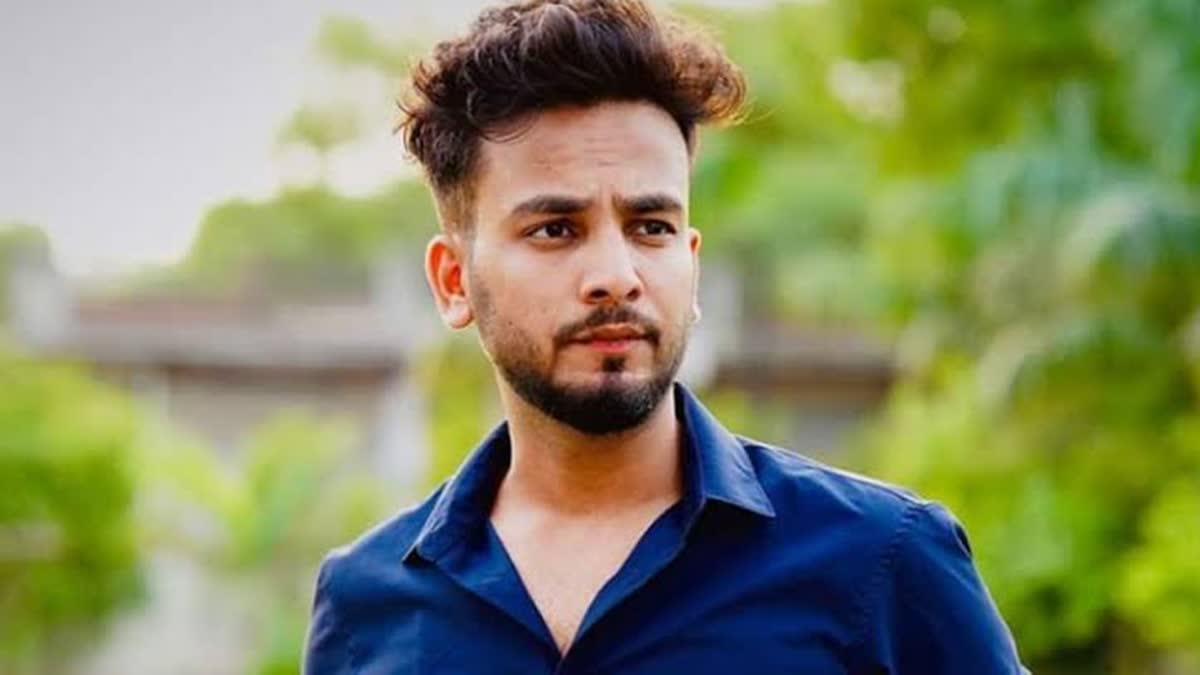Mumbai: Social media sensation Elvish Yadav, who came into limelight after becoming Bigg Boss OTT 2 winner, is once again making headlines, but for all the wrong reasons. Yadav, along with five others has been booked for organising rave parties. Along with the FIR against Elvish Yadav, rave parties have also become a topic of discussion.
What is a rave party? Rave parties refer to all night parties with dancing on electronic music. Electronic music includes techno, house, breakbeat and trance. Rave party culture emerged in the late 80-90s. Rave parties started with rave music, actually in the form of EDM (Electronic Dance Music) in the United Kingdom in 1980.
Also read: Bigg Boss OTT winner Elvish Yadav denies involvement in snake venom consumption at rave parties
The word rave basically represents an all-night party held in an underground club. These parties were famous for their high energy, fast music and use of drugs for enjoyment.
Negative impact of rave party: In India, rave parties have a negative connotation given the concern of drug use and other illegal activities. While the culture of rave parties was meant for get together and enjoy music and dance, the parties are illegal in India due to the use of intoxicants and drugs in these parties.
The advent of social media has also given a boost to the rave party culture, which is gaining fame through platforms like Instagram, Twitter and Facebook. In a way, rave culture has had a deep impact on society. Meanwhile, Bigg Boss OTT winner Elvish Yadav on Friday denied his involvement in the consumption of snake venom at the alleged rave parties in Delhi-NCR region.
Yadav took to X and Instagram with a video statement saying that the allegations leveled against him were baseless and he was ready to face the investigation.



